Optimal Timing for Home Addition Projects
Home addition buildings can enhance living space, increase property value, and improve functionality. Timing plays a crucial role in project success, cost management, and scheduling. Understanding seasonal and environmental factors helps in planning construction effectively.
Spring offers moderate weather, making it ideal for building projects. It allows for flexible scheduling and reduces delays caused by extreme temperatures.
Summer provides long daylight hours and warm weather, facilitating faster construction. However, high temperatures may require additional planning for worker safety.
Fall is suitable for completing projects before winter. Cooler temperatures and less rain help maintain steady progress.
Winter can pose challenges due to cold weather, snow, and shorter days. Construction may require special precautions or temporary delays.

Planning phase with blueprints and permits.
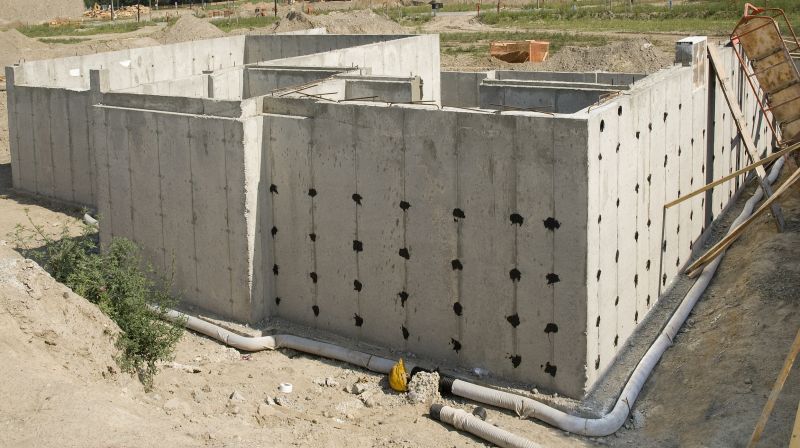
Laying the groundwork for the new structure.
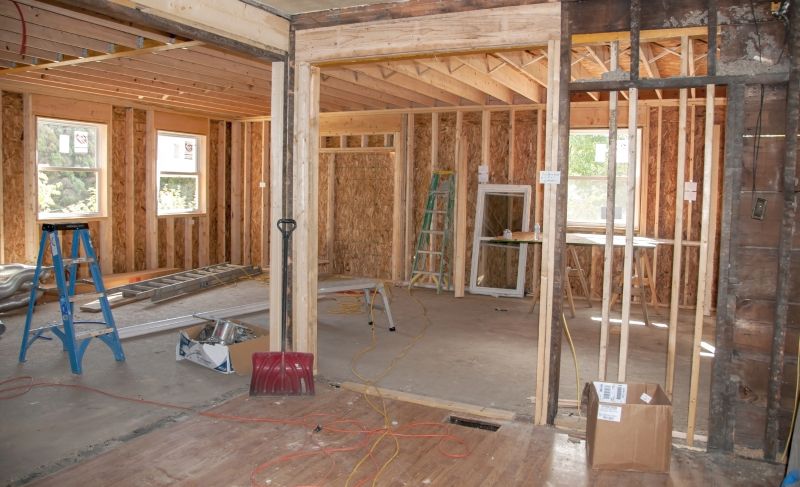
Building the frame of the addition.

Completing walls, flooring, and fixtures.
| Season | Advantages |
|---|---|
| Spring | Moderate weather, flexible scheduling, less rain. |
| Summer | Long daylight hours, faster progress, warm temperatures. |
| Fall | Cooler temperatures, ideal for finishing projects. |
| Winter | Challenging weather, potential delays, need for precautions. |
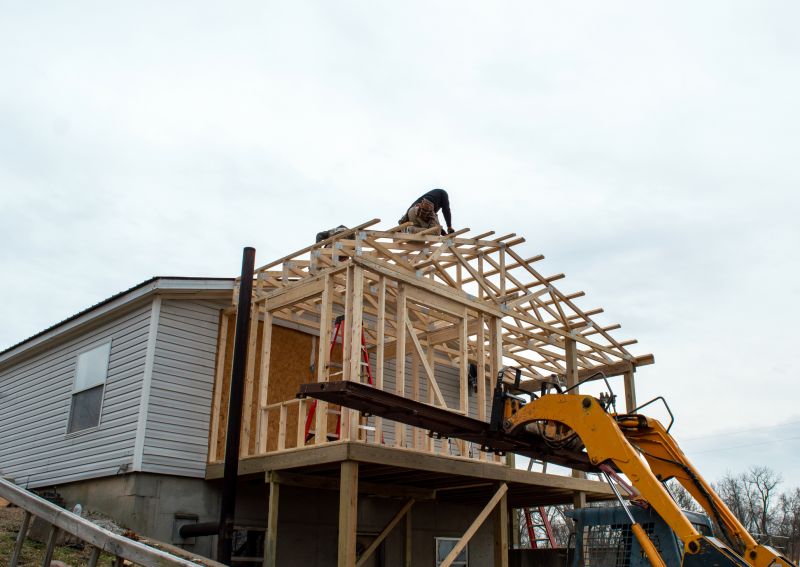
Construction activity during favorable weather.
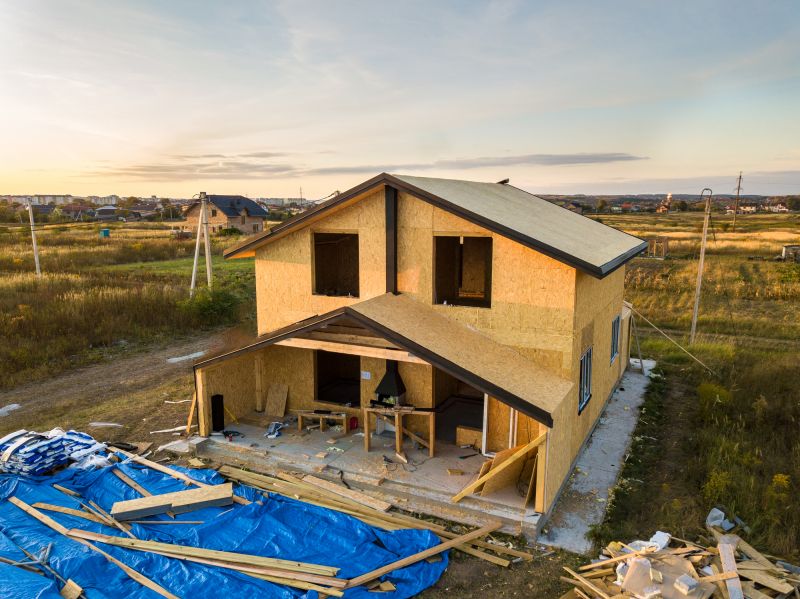
Active construction in warm months.
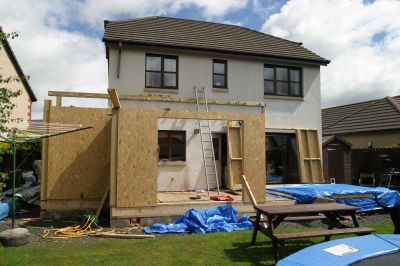
Ways to make Home Addition Buildings work in tight or awkward layouts.

Weather-related delays and precautions.
Timing for home addition buildings depends on various factors including local climate, project scope, and contractor schedules. Proper planning ensures minimal disruptions and optimal use of favorable weather conditions. Spring and early fall are often preferred for their moderate temperatures and lower risk of weather-related delays.
Statistics show that construction projects completed in spring and fall tend to experience fewer delays and cost overruns. Planning around these seasons can result in a smoother process and better resource management. It is advisable to coordinate with experienced builders to determine the most suitable timeframe based on specific project needs.

Design and planning phase.
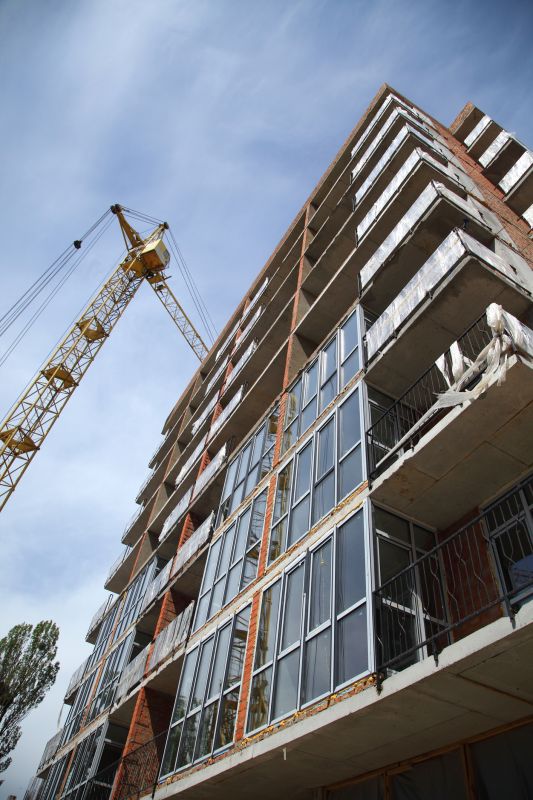
Active building site.
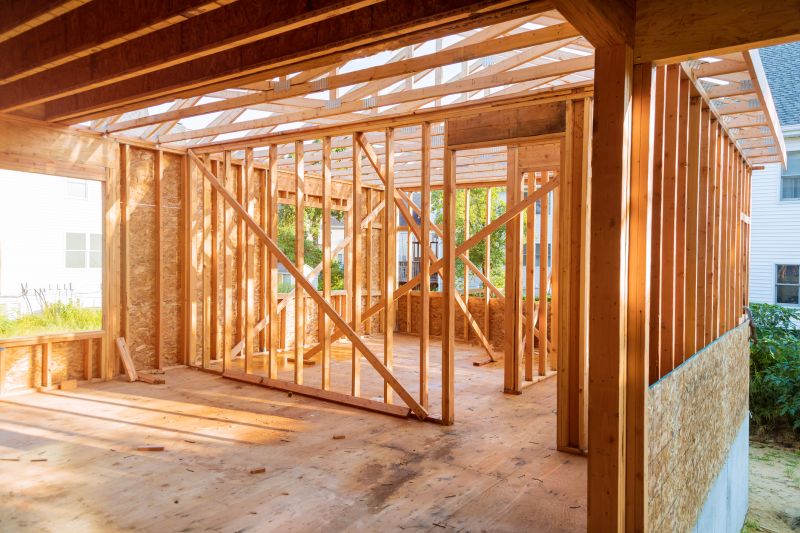
Completed project ready for use.
Individuals interested in scheduling a home addition project are encouraged to contact for detailed planning and consultation. Proper timing and preparation can significantly influence the success and efficiency of the build.



